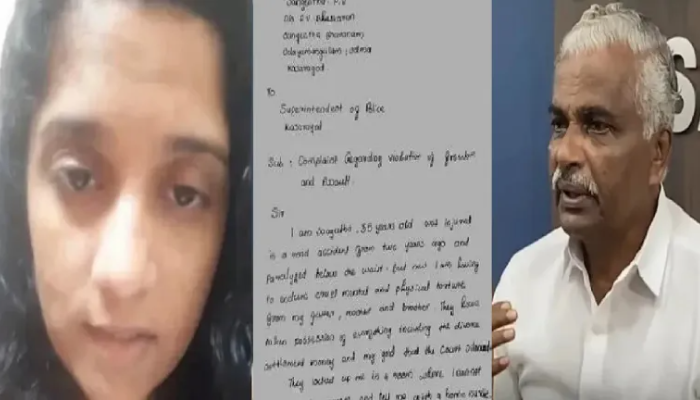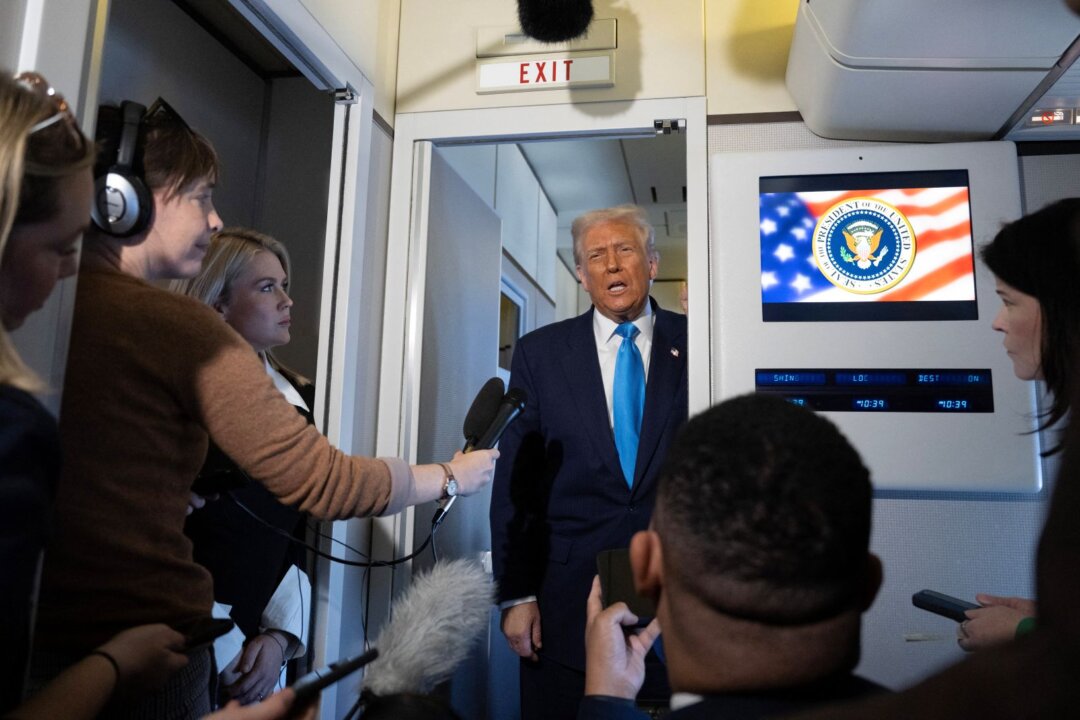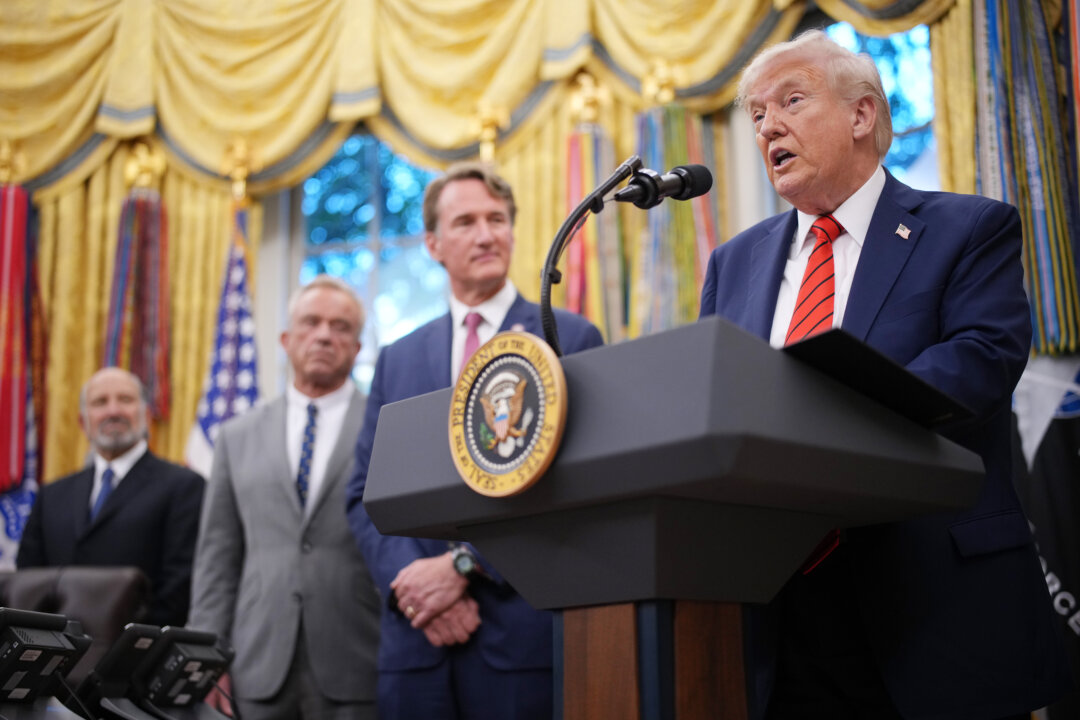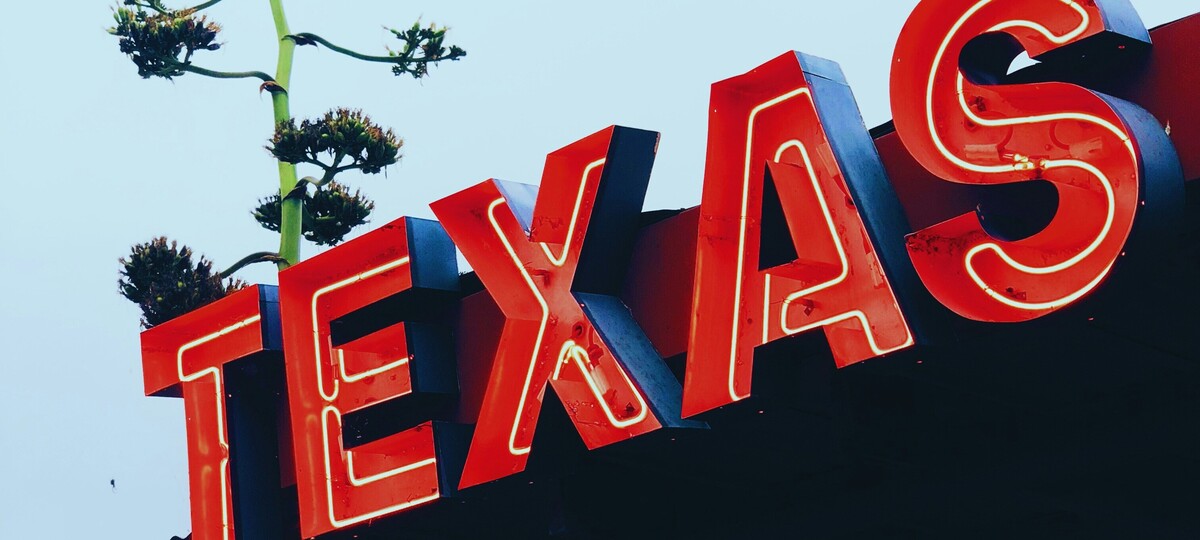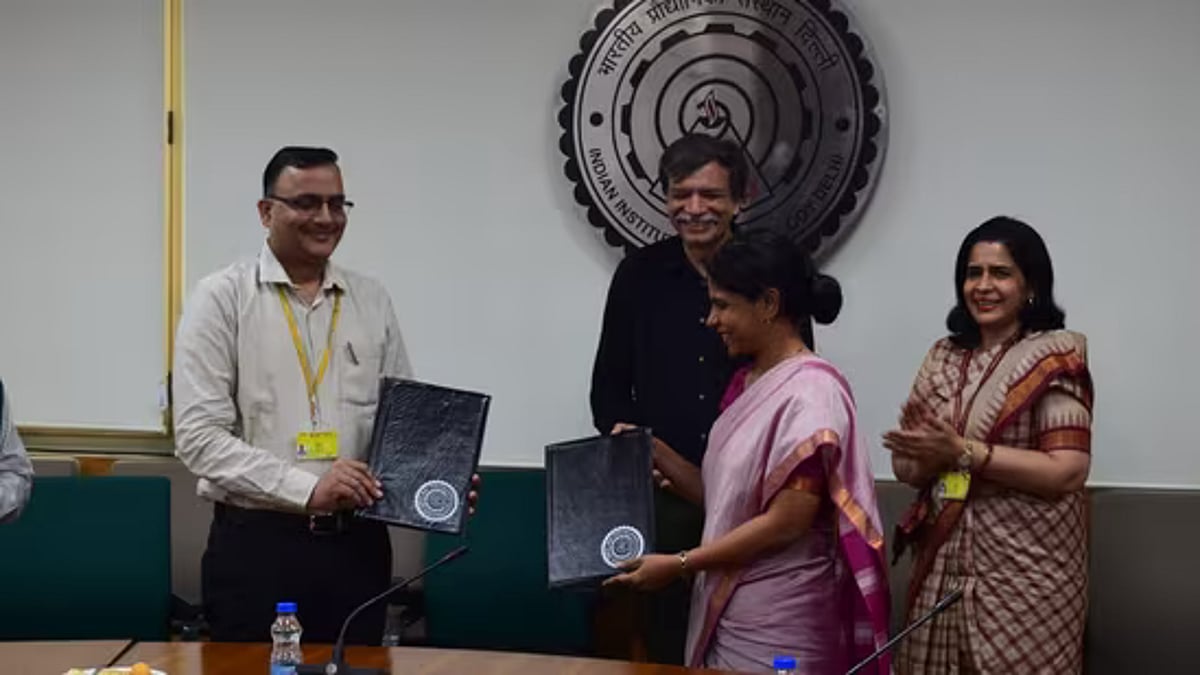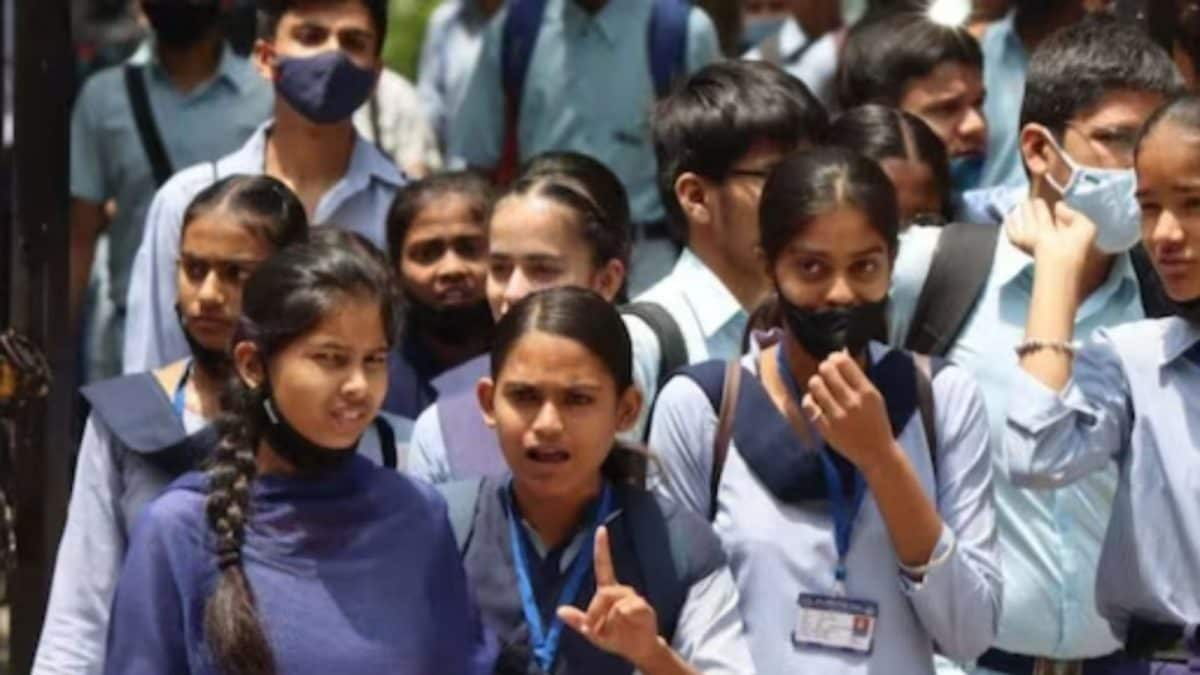Jimmy Wales supports blacklisting sources he does not ideologically agree with: Here is how it proves that Wikipedia’s bias is sanctioned and crafted from the top
In a recent interview published by Politics Home on 27th October, Wikipedia co-founder Jimmy Wales warned of a “political showdown” with the UK government over the Online Safety Act. He criticised the legislation as “poorly thought-out” and claimed that it would threaten the openness of the internet by forcing platforms to identify users and age-gate access. He argued that Wikipedia did not “cave into” the Turkish or the Chinese governments’ similar demands. Yet, in the same conversation, Wales unapologetically defended Wikipedia’s own internal censorship, that is the blacklisting of sources he has personally deemed unreliable in the past. He insisted that “the idea that we should take sites that routinely publish crazy conspiracy theories and nonsense just doesn’t make any sense.” While he called the publications blacklisted by Wikipedia to have a history of “conspiracy theories and nonsense”, in reality, a majority of the Right-leaning publications have been banned or deprecated by Wikipedia, which means they cannot be used as sources for articles on the online, user-generated ‘encyclopaedia’. The contradiction is obvious. While Wales rejected government regulation of speech, he fully endorsed Wikipedia’s ideological policing of information. The issue is not whether Wikipedia can have quality control, which every platform should have, but whether that control has been weaponised to promote one ideology worldwide while excluding another. Wikipedia’s so-called ‘quality control’ hides ideological censorship Wales went on to claim that the blacklist and deprecated sources system is merely about “quality”, not politics. He said, “That’s not about the political stance of the Daily Mail – it’s about the quality of the publication.” He defended the deprecation of mainstream publications such as The Sun and The Daily Mail while acknowledging that conservative outlets like Breitbart News and The Heritage Foundation are blacklisted altogether. However, what it actually means in practice is that entire ideological ecosystems are erased. Wales admitted that removing the blacklist was out of the question. He brushed off criticism that Wikipedia has a left-wing bias and claimed he is a “centrist”. His dismissal was wrapped in the convenient label of “centrist moderation”, the same rhetorical fig leaf that big-tech companies often use to justify their bias while pretending neutrality. By calling dissenting media “crazy conspiracy sites”, Wales implied that no conservative publication deserves equal footing in the knowledge ecosystem. That framing alone destroys Wikipedia’s long-claimed neutrality. From Al Jazeera to OpIndia – how selective reliability shapes the narrative In September 2024, OpIndia released a dossier on Wikipedia in which it had already been demonstrated that systemic bias was in place years before Wales’s recent comments. It showed that Wikipedia’s content is skewed not through overt editorial orders but through the classification of “reliable” and “unreliable” sources. For example, left-leaning and globalist outlets such as Al Jazeera, BBC, The Guardian and The Wire are marked “reliable”, while right-of-centre or nationalist publications such as OpIndia, Swarajya and Republic are blacklisted or “deprecated”. This classification becomes self-sustaining. Once a “reliable” source is approved, even its fake news is whitewashed as an honest mistake. Take The Wire, for example. The Wire published a series of fake news reports based on made-up information on a so-called app “Tek Fog” and, in another article, claimed that the BJP had some way to censor content on social media platforms under Meta. Both claims backfired when it accused Meta and experts stepped in. The dossier cited multiple instances where The Wire’s provably false reports were protected from criticism because the counter-evidence came from blacklisted outlets. In another example, when a retired naval officer publicly accused The Wire of misquoting him in an article that downplayed India’s naval achievements, his statement could not be added to The Wire’s Wikipedia page. The reason? His own clarification on Twitter was considered a “self-source”, and OpIndia, which reported his rebuttal, was blacklisted. As a result, The Wire’s misreport stood uncontested, a perfect illustration of how Wikipedia’s Neutral Point of View collapses when neutrality itself is defined by ideology. In yet another glaring example, the dossier noted that even when official police handles declared The Wire’s stories false, Wikipedia editors refused to cite them and argued that a “secondary reliable source” must verify the police’s statement. Since all those secondary sources, including OpIndia, Republic and Swarajya, were blacklisted, the truth was systematically buried. The logic becomes even more absurd as Wikipedia excuses anti-India fake reporting by Al Jazeera as being reported under the “fog of war”, while, on the other



In a recent interview published by Politics Home on 27th October, Wikipedia co-founder Jimmy Wales warned of a “political showdown” with the UK government over the Online Safety Act. He criticised the legislation as “poorly thought-out” and claimed that it would threaten the openness of the internet by forcing platforms to identify users and age-gate access. He argued that Wikipedia did not “cave into” the Turkish or the Chinese governments’ similar demands.
Yet, in the same conversation, Wales unapologetically defended Wikipedia’s own internal censorship, that is the blacklisting of sources he has personally deemed unreliable in the past. He insisted that “the idea that we should take sites that routinely publish crazy conspiracy theories and nonsense just doesn’t make any sense.”
While he called the publications blacklisted by Wikipedia to have a history of “conspiracy theories and nonsense”, in reality, a majority of the Right-leaning publications have been banned or deprecated by Wikipedia, which means they cannot be used as sources for articles on the online, user-generated ‘encyclopaedia’.
The contradiction is obvious. While Wales rejected government regulation of speech, he fully endorsed Wikipedia’s ideological policing of information. The issue is not whether Wikipedia can have quality control, which every platform should have, but whether that control has been weaponised to promote one ideology worldwide while excluding another.
Wikipedia’s so-called ‘quality control’ hides ideological censorship
Wales went on to claim that the blacklist and deprecated sources system is merely about “quality”, not politics. He said, “That’s not about the political stance of the Daily Mail – it’s about the quality of the publication.” He defended the deprecation of mainstream publications such as The Sun and The Daily Mail while acknowledging that conservative outlets like Breitbart News and The Heritage Foundation are blacklisted altogether.
However, what it actually means in practice is that entire ideological ecosystems are erased. Wales admitted that removing the blacklist was out of the question. He brushed off criticism that Wikipedia has a left-wing bias and claimed he is a “centrist”. His dismissal was wrapped in the convenient label of “centrist moderation”, the same rhetorical fig leaf that big-tech companies often use to justify their bias while pretending neutrality.
By calling dissenting media “crazy conspiracy sites”, Wales implied that no conservative publication deserves equal footing in the knowledge ecosystem. That framing alone destroys Wikipedia’s long-claimed neutrality.
From Al Jazeera to OpIndia – how selective reliability shapes the narrative
In September 2024, OpIndia released a dossier on Wikipedia in which it had already been demonstrated that systemic bias was in place years before Wales’s recent comments. It showed that Wikipedia’s content is skewed not through overt editorial orders but through the classification of “reliable” and “unreliable” sources.
For example, left-leaning and globalist outlets such as Al Jazeera, BBC, The Guardian and The Wire are marked “reliable”, while right-of-centre or nationalist publications such as OpIndia, Swarajya and Republic are blacklisted or “deprecated”.
This classification becomes self-sustaining. Once a “reliable” source is approved, even its fake news is whitewashed as an honest mistake. Take The Wire, for example. The Wire published a series of fake news reports based on made-up information on a so-called app “Tek Fog” and, in another article, claimed that the BJP had some way to censor content on social media platforms under Meta. Both claims backfired when it accused Meta and experts stepped in.
The dossier cited multiple instances where The Wire’s provably false reports were protected from criticism because the counter-evidence came from blacklisted outlets.
In another example, when a retired naval officer publicly accused The Wire of misquoting him in an article that downplayed India’s naval achievements, his statement could not be added to The Wire’s Wikipedia page. The reason? His own clarification on Twitter was considered a “self-source”, and OpIndia, which reported his rebuttal, was blacklisted. As a result, The Wire’s misreport stood uncontested, a perfect illustration of how Wikipedia’s Neutral Point of View collapses when neutrality itself is defined by ideology.
In yet another glaring example, the dossier noted that even when official police handles declared The Wire’s stories false, Wikipedia editors refused to cite them and argued that a “secondary reliable source” must verify the police’s statement. Since all those secondary sources, including OpIndia, Republic and Swarajya, were blacklisted, the truth was systematically buried.
The logic becomes even more absurd as Wikipedia excuses anti-India fake reporting by Al Jazeera as being reported under the “fog of war”, while, on the other hand, verified statements published by OpIndia are dismissed as unreliable by default.
The dossier evidence – how bias was institutionalised through blacklists
The OpIndia dossier on Wikipedia exposed in detail how the blacklisting process itself became a mechanism to institutionalise bias. It documented repeated attempts by Wikipedia editors to block additions that would expose fake news by Left-leaning media, particularly The Wire. When one editor tried to cite an FIR filed against The Wire for spreading false information that incited violence in the Northeast, another senior editor dismissed it, saying “FIRs are very normal.”
The dossier observed that while Wikipedia prominently listed FIRs against publications it disliked, it either omitted or softened those involving “reliable” Left-aligned sources. Such double standards ensured that conservative or nationalist platforms were branded permanently untrustworthy, while ideological allies were protected through procedural excuses.
This was not simply random editorial behaviour. It was a pattern designed to preserve the illusion of neutrality while filtering reality through a curated set of acceptable voices. Wales’s new defence of this system confirms that it was never rogue volunteerism but an approved doctrine.
Meet Newslinger – the paid administrator who built Wikipedia’s bias engine
One of the dossier’s most revealing sections identified an editor known as Newslinger, who is a Wikimedia administrator. He actively campaigned to deprecate non-Left sources and block factual corrections. According to the dossier, the Wikimedia Foundation itself funded Newslinger under its WikiCred programme, which offered grants of up to $10,000 to projects claiming to “strengthen reliability in the information ecosystem.”
Newslinger’s project, titled ‘Sourceror: The Wikipedia community’s platform against disinformation’, proposed building a browser extension and API that used Wikipedia’s perennial sources list, its blacklist, to label websites across the internet. His own description of the grant said the tool would display icons showing whether a website was considered “reliable” by Wikipedia, effectively extending Wikipedia’s ideological censorship beyond its pages.
He boasted that the Sourceror Bot would scrape and update this list automatically, while another feature would allow editors to remove citations of “unreliable” sources in a couple of clicks. In essence, a paid Wikipedia administrator created a systematic method for deleting dissenting references while tagging ideological allies as authoritative, all with the financial approval of the Wikimedia Foundation.
Wikimedia’s grant proves the bias was sanctioned from the top
This is where Jimmy Wales’s latest comments become crucial. When he says, “the idea that we should take sites that routinely publish crazy conspiracy theories and nonsense just doesn’t make any sense,” he is echoing precisely the worldview that Newslinger was paid to codify.
The grant was not an isolated clerical oversight. It was institutional endorsement. By vetting, approving and funding a project that explicitly weaponised the “reliability list”, Wikimedia signalled agreement with the editorial judgements that underpin it. Therefore, Wikipedia’s ideological skew is not the accidental outcome of volunteer bias but a policy designed, sponsored and justified from the top.
When Wales defends the blacklist, he is defending the very product of that grant money. His remarks confirm what the dossier had warned years earlier, that Wikipedia’s bias was sanctioned and crafted from the top, not the work of a few rogue editors.
Why this censorship model is dangerous for truth and democracy
The danger here extends beyond one platform. Wikipedia remains the default reference point for journalists, students and even AI models that draw on its data. When such a platform blacklists entire schools of thought, it does not merely filter facts, it rewires public understanding.
A student searching for coverage of Indian politics will find The Wire, Scroll and BBC quoted liberally, while OpIndia and Swarajya are absent altogether. This absence becomes a form of erasure. A fake narrative repeated by “reliable” sources is treated as fact, while a truthful correction from a blacklisted outlet is memory-holed.
When neutrality becomes propaganda – the need for ideological transparency
Jimmy Wales once said Wikipedia’s mission was to “make the sum of all human knowledge available to everyone.” Today, that mission appears conditional, as knowledge is welcome only if it conforms to one side of the political spectrum. The very guideline that demands “Neutral Point of View” has been hollowed out, because neutrality now depends entirely on which sources are allowed into the conversation.
As the OpIndia dossier concluded, “If the pool of reliable sources itself is tainted with ideological bias, the ‘Neutral Point of View’ merely remains a requirement where all versions of the Left are prominently added.”
The launch of Elon Musk’s Grokipedia, positioned as an AI-driven alternative to Wikipedia, has arrived at a telling moment. While Wales warns about government censorship, his own platform has long been a blueprint for soft authoritarianism disguised as moderation. If Grokipedia indeed continues to allow multiple ideological references without blacklisting dissent, it could expose how fragile Wikipedia’s self-proclaimed neutrality really is.
What Wikipedia needs is not another lecture on trust from its founder but a reckoning with its own internal censorship. Transparency must begin with acknowledging that neutrality cannot exist when one side of the truth is banned at the source.




